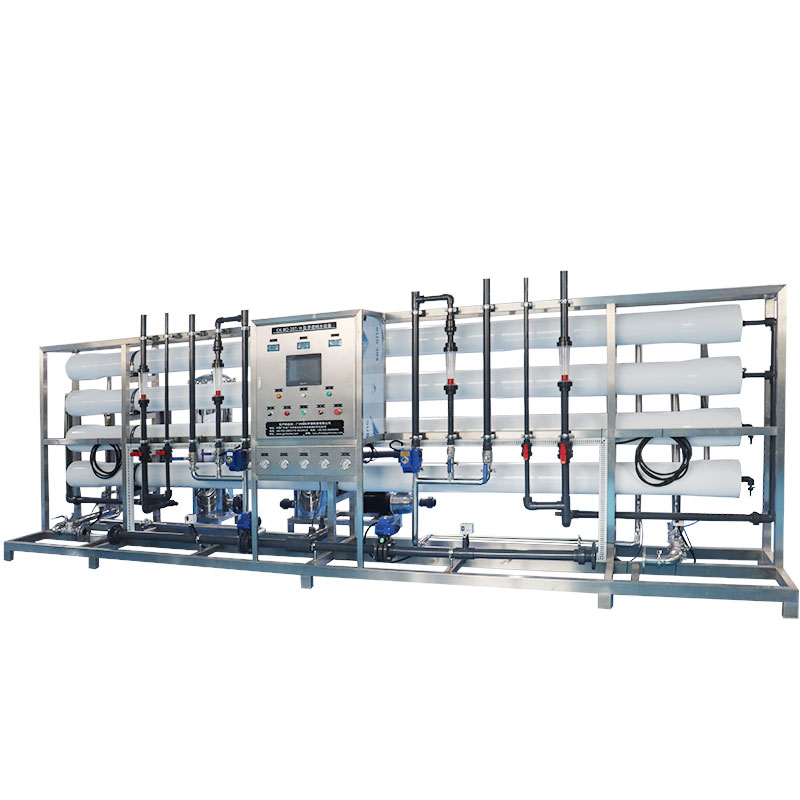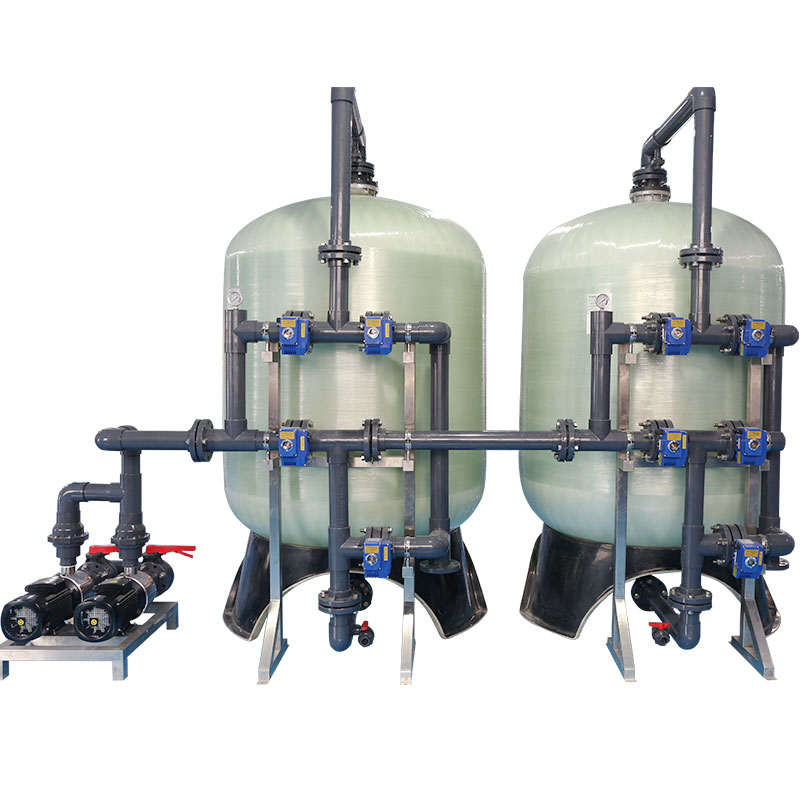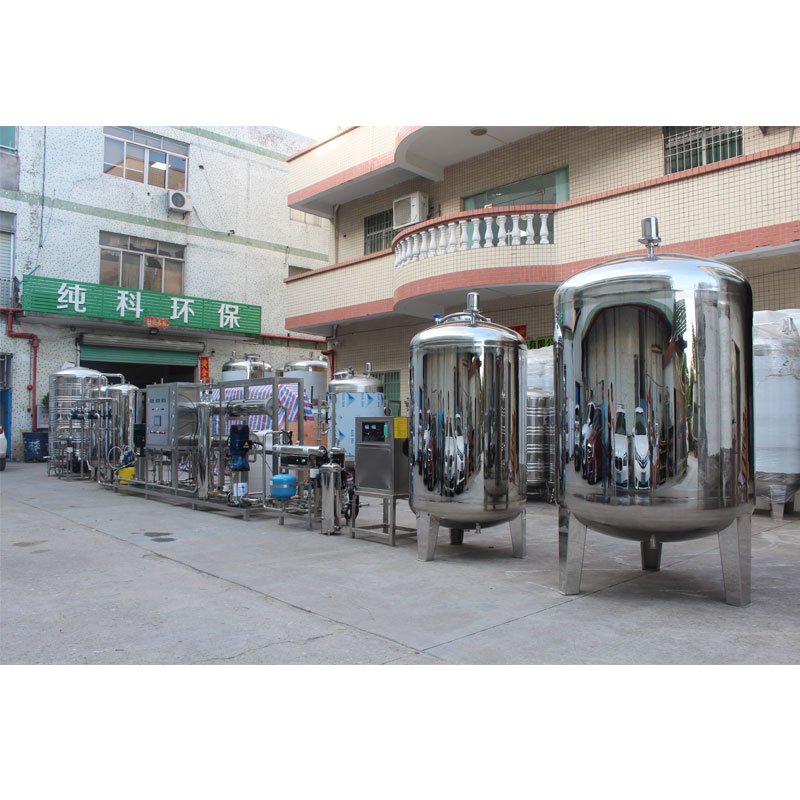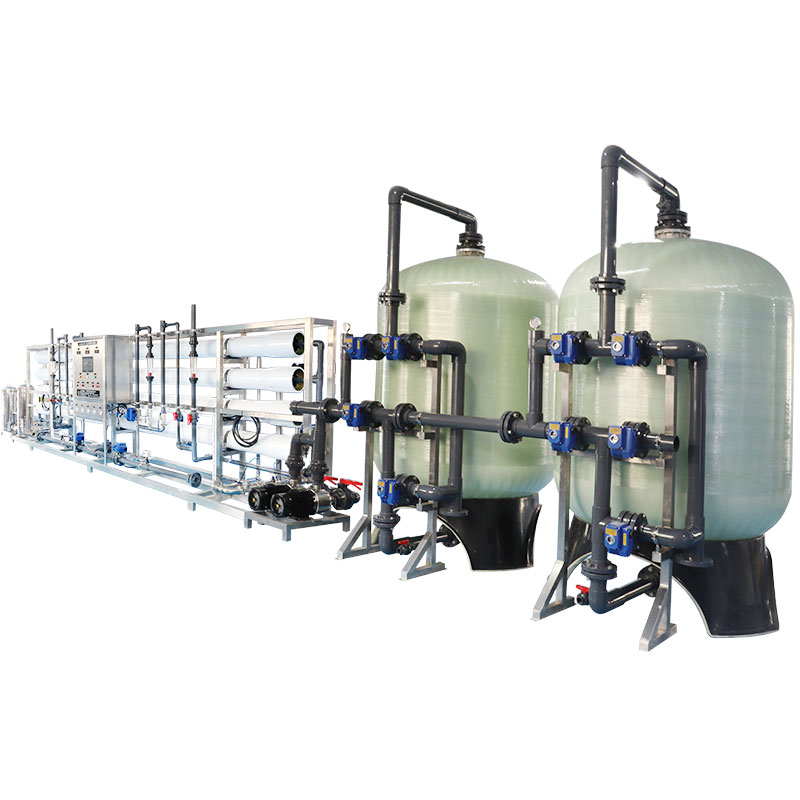How to recycle water at home? Which method to use?
Water is a precious resource in life, but in daily life, we tend to waste a lot of water. With the increasing shortage of water resources around the world, household water recycling and recycling has gradually become the focus of attention. Through reasonable water resource management and simple equipment, households can effectively reduce water waste and recycle some water resources.
This not only saves water bills, but also contributes to environmental protection. So, how can we recycle water at home? This article will explore several practical methods and explain their implementation process in detail.

What is household water recycling?
Household water recycling refers to the reuse of part of the wastewater generated in household life for other household purposes after treatment. Wastewater is generally divided into two categories: gray water and black water. Gray water includes water from bathing, laundry, washing dishes and wash basins, while black water is wastewater from toilets. Because black water contains more pathogens and pollutants, it is usually not suitable for treatment and recycling at home. In contrast, gray water is cleaner and can be used again for flushing toilets, irrigation, cleaning, etc. after proper treatment.

What are the basic steps for recycling gray water?
The recycling and utilization of grey water is relatively simple and can usually be done in a few steps:
1. Collecting grey water: First, you need to collect the grey water in your home. This can be done by installing separate drainage systems in the bathroom and kitchen to collect the water into a storage tank.
2. Preliminary filtration: Grey water may contain soap, grease and other impurities, so it needs to be initially filtered before storage. A simple filter can be added to the drainage system to remove larger impurities.
3. Treatment and storage: The collected grey water needs to be treated to remove suspended matter and harmful bacteria. Common treatment methods include natural sedimentation, sand filtration, activated carbon filtration, etc. The treated grey water can be stored in a dedicated storage tank for future use.
4. Reuse: Treated grey water can be used for non-drinking purposes, such as flushing toilets, watering gardens, washing floors, etc. These uses do not require high water quality and can be completed using treated grey water.

How to recycle water at home?
Recycling water at home can be done in several different ways. Here are some common and practical solutions.
1. Greywater recycling system
Greywater recycling system is the most common way of recycling water in a household. This system collects greywater (such as shower water and wash basin water) in the home and uses it for flushing toilets or garden irrigation after treatment. Installing a greywater recycling system usually requires modifying drainage pipes and adding water storage and filtration equipment. This system is particularly suitable for households with large water consumption, such as those with many family members or gardens.
Advantages of greywater recycling system:
● Save a lot of tap water and reduce water bills.
● Simple treatment and reuse process.
Disadvantages of greywater recycling system:
● Requires initial investment for equipment and pipe modification.
● Requires regular maintenance of filters and water storage tanks.
2. Rainwater collection system
Rainwater collection is another common way to recycle water resources. By installing rainwater collectors, rainwater from the roof is introduced into the water storage tank through the gutter. After simple filtration, rainwater can be used for watering the garden, washing the car, flushing the toilet, etc. Rainwater collection systems are particularly useful in areas with water scarcity.
Advantages of rainwater collection system:
● Simple equipment and low cost.
● Can greatly reduce the use of tap water, especially in the rainy season.
Disadvantages of rainwater collection system:
● The amount of rainwater collected is greatly affected by climate, and there may be no water available in the dry season.
● The collected rainwater may contain pollutants and needs to be properly treated before use.
3. Reuse of kitchen wastewater
Kitchen wastewater mainly comes from washing dishes and washing vegetables and fruits. These waters contain a certain amount of organic matter and grease, which may pollute the environment if discharged directly. But with simple treatment, these waters can be used to water the garden or wash the ground. The method includes installing a grease separator at the drain to remove grease and solid particles in the wastewater.
Advantages of kitchen wastewater reuse:
● Simple operation, no complex equipment required.
● Reduces the pressure of sewage treatment.
Disadvantages of kitchen wastewater reuse:
● Can only be used for non-sensitive purposes, such as watering and cleaning.
● Grease separators need to be cleaned regularly.
4. Reuse laundry water
Wastewater from washing machines usually contains a small amount of detergent residue, but after proper treatment, it can be used for flushing toilets or outdoor cleaning. Many modern washing machines have built-in wastewater recycling functions that can directly store wastewater in water storage tanks.
Advantages of laundry water reuse:
● No additional equipment is required, modern washing machines have built-in functions to achieve this.
● Save a lot of water resources.
Disadvantages of laundry water reuse:
● Detergent residues may be harmful to plants and should be used with caution.

Challenges and precautions of water recycling
Implementing water recycling at home is not without challenges. First, water safety is the primary issue. Grey water may contain bacteria and contaminants, so you need to ensure that the water quality meets hygienic standards before using it. Second, the grey water system and other recycling equipment need regular maintenance to prevent pipe blockage and water quality deterioration. In addition, family members need to understand and get used to the new way of using water and use recycled water reasonably.
Another challenge is the initial cost. Although water recycling can save water bills in the long run, system installation and equipment purchase require a certain initial investment. In particular, the grey water recycling system involves pipe modification, filtration device purchase and water storage tank installation. These costs may be prohibitive for some households.






